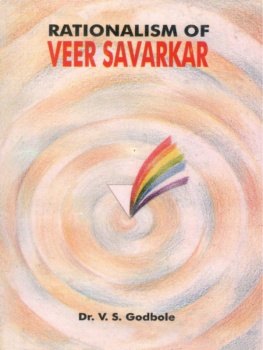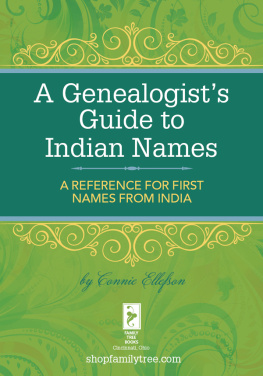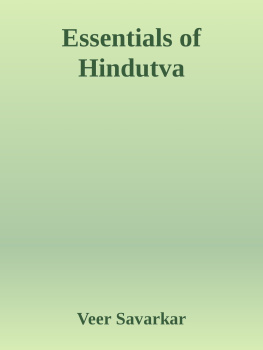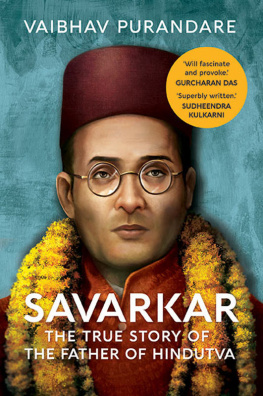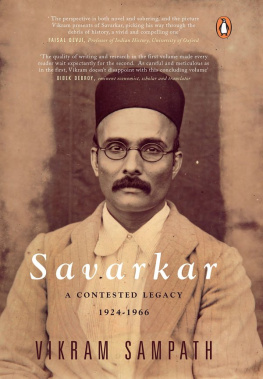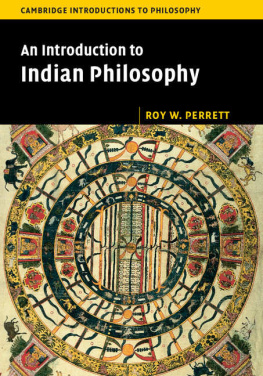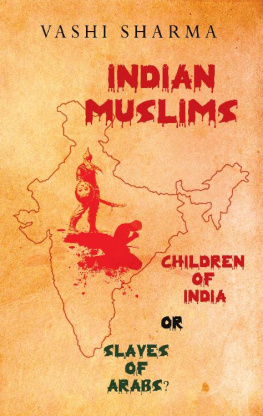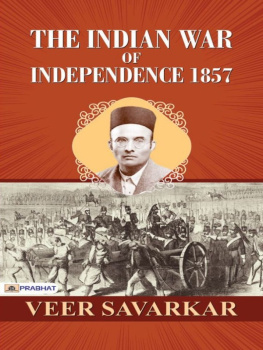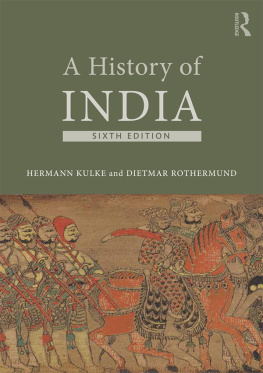Rationalism Of Veer Savarkar Godbole V. S.
Pages
Rationalism Of Veer Savarkar Godbole V. S.
Saachi Din
This book was produced in EPUB format by the Internet Archive.
The book pages were scanned and converted to EPUB format automatically. This process relies on optical character recognition, and is somewhat susceptible to errors. The book may not offer the correct reading sequence, and there may be weird characters, non-words, and incorrect guesses at structure. Some page numbers and headers or footers may remain from the scanned page. The process which identifies images might have found stray marks on the page which are not actually images from the book. The hidden page numbering which may be available to your ereader corresponds to the numbered pages in the print edition, but is not an exact match; page numbers will increment at the same rate as the corresponding print edition, but we may have started numbering before the print book's visible page numbers. The Internet Archive is working to improve the scanning process and resulting books, but in the meantime, we hope that this book will be useful to you.
The Internet Archive was founded in 1996 to build an Internet library and to promote universal access to all knowledge. The Archive's purposes include offering permanent access for researchers, historians, scholars, people with disabilities, and the general public to historical collections that exist in digital format. The Internet Archive includes texts, audio, moving images, and software as well as archived web pages, and provides specialized services for information access for the blind and other persons with disabilities.
Created with abbyy2epub (v.1.7.6)
Rationalism of Veer Savarkar
By
Dr. V. S. Godbole
(England)
ISBN No.
Publisher
Dr. Vijay Bedekar,
Itihas Patrika Prakashan,
Shivashakti
Dr. Bedekar Hospital,
Maharshi Karve Marg,
Thane 400602 Hindusthan (India)
Mrs. Vinita Vasudev Godbole
First edition
March, 2004
Printer
Vaibhav Barve
Shree Vedvidya Mudranalaya Pvt. Ltd., 41 Budhwar Peth, Jogeshwari Lane, Pune 411002 Hindusthan (India)
Price Rs. 400/
A request for the reader
This book has been written for the readers in India whose mother tongue is not Marathi and also for the millions of readers outside India. Some elementary knowledge of the Indian History is expected of them. However, I have added explanations in places with these readers in mind. If you are not familiar with the Indian History, customs and practices, please skip over the related sections. You would still be able to appreciate the book. You would find more information in Appendix C - Glossary.
The Prologue is an essential reading for understanding the Indian history during 1880 -1966, to get necessary background information. You may browse and move over to the Preface if you wish.
As far as possible I have quoted from the original sources. But with passage of time language changes and readers may also be not familiar with the relevant history. I have therefore given explanations after such passages which readers would find enlightening.
I would sincerely ask all readers to read calmly and dispassionately the chapter on Dharma (Religion) and Religious Texts, Please resen/e your judgement till the end. Also, while reading the chapter Savarkar the Doer one must appreciate that we are dealing with the social conditions as were prevalent in India in 1920s and 1930s. The customs and traditions of those days may sound absurd to us today, but what I have described is the truth. Society does not move forward without efforts of persons like Savarkar.
Some historical facts may make uncomfortable reading. However, they are given with a view to enabling the reader to understand what happened in the past. They are not given, out of vengeance or for scoring points. We need to learn from history, but that must be the true history.
If you find any errors, please ignore them while reading the book
but do let me know them for making any corrections in the next edition.
My^mments and explanations are in Italics while the references and quotations are in normal type.
V. S. Godbole
14, Turnberty Walk Bedford MK41 8AZ UK
Prologue
Who was Savarkar ?
Vinayak Damodar, popularly known as Veer Savarkar was the unsung hero of the Indian freedom struggle against the British during the period from 1906 to 1947.
* By the age of seventeen, towards the end of his schooling days, Savarkar was saying to his friends in secret, We must stop complaining about this British officer or that officer, this law or that law. There would be no end-to that. Our movement must not be limited to being against any particular law, but it must be for acquiring the authority to make the laws itself. In other words, we want The Absolute Political Independence.
Jawaharlal Nehru was able to say so publicly 30 years later, after Savarkar had brought about tremendous changes in the thinking of Indian masses due to his activities, sufferings and movements.
* During his college days in 1905, Savarkar had organised a public bonfire of foreign (British) clothes in Pune, to express the public resentment against the British Raj. Mahatma Gandhi followed suit 16 years later.
Passive Resistance as a weapon for advancing workersrights was first attempted by the French farmers on their vineyards in July 1907. On that occasion, Savarkar wrote, However attractive, noble and easy to follow the passive resistance may appear to be, the use of force is ultimately required to achieve success. Subhash Chandra Bose, having followed Gandhi for nearly two decades, also came to the same conclusion, but 30 years later! On the advice of Savarkar, he slipped out of India during World War II and formed the Indian National Army from among the Indian Prisoners of War held by the Japanese. This daring attempt was a major factor, which forced the British to leave India in
* In 1902, Savarkar started his secret revolutionary society - the Abhinav Bharat. The wording of the oath taken by the members of that society has been preserved by the British Secret Police and is reproduced in Appendix B. The aim of the Society was Absolute Political Independence for India to be achieved by all means including by incessant armed struggle. When India won independence in August 1947, many prominent leaders of the Congress party at the time were former members of Abhinav Bharat. They included Balasaheb Kher (the chief minister of Bombay Province), Ravishankar Shukla (the chief minister of Central Provinces), Sir Sikandar Hiyat Khan (the chief minister of Punjab). Even the President of the Congress Party Acharya Kripalani was himself a member of Abhinav Bharat.
Shree Rajagopalachari (Rajaji), the only Indian to become the Governor General of divided India had openly admitted in 1937 that it was the life of Veer Savarkar that inspired him to join in the freedom struggle. In fact he wrote a book in 1924 entitled Life of Barrister Savarkar under the pseudonym Chitragupta. In 1938 Dwarakaprasad Mishra, a well-known Congress leader from the Central Provinces (Madhya Pradesh) had also admitted that he took inspiration from Savarkar. Yashavantarao Chavan, the former Chief Minister of Maharashtra, who became Indias Defence Minister in 1962, was a secret admirer of Savarkar. Even Manavendranath Roy, the left wing politician, took inspiration from Savarkar.
Thus, Savarkars contribution to the Indian freedom struggle against the British was considerable. So, why did the western mass media deny him any credit and publicity? Why did he remain in obscurity ? I have answered these questions partly in chapter Four entitled Why was the image of Savarkar tarnished by his opponents ? I say partly because this book is only about his rationalism. Let us now look briefly at the Indian History.

